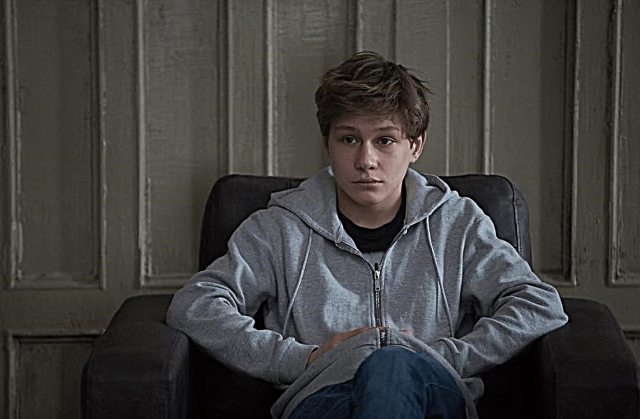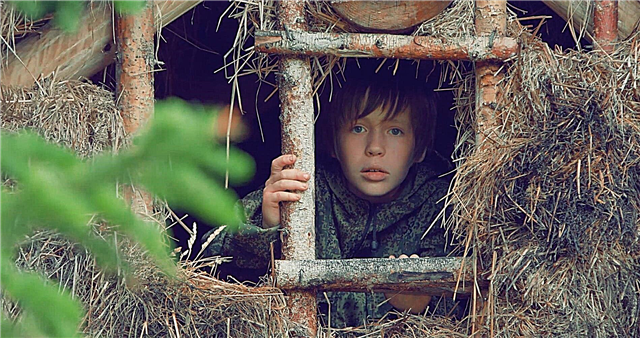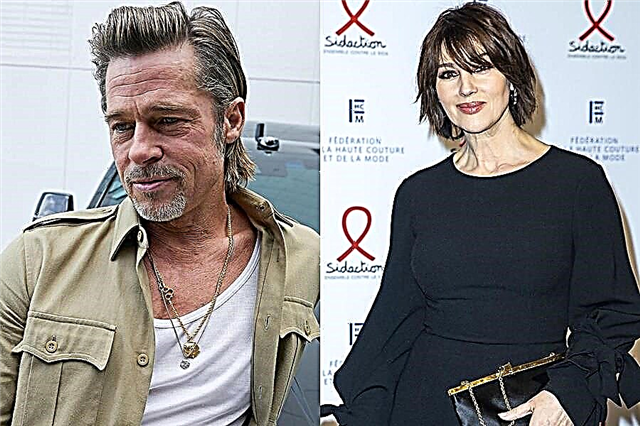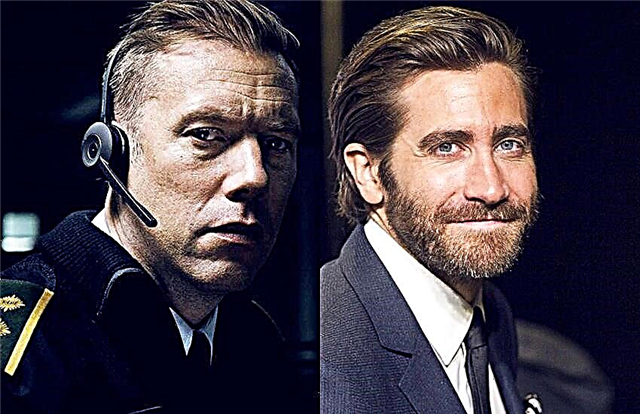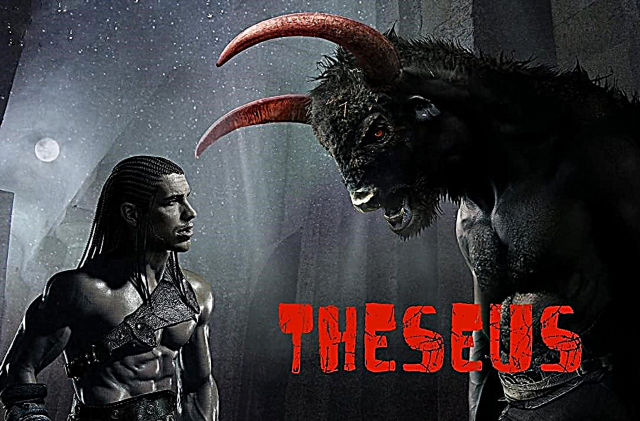A long time ago, when the trees were large, and Svetlana Aleksievich had not yet won the Nobel Prize in Literature, I read her "Chernobyl Prayer". To say that this is an impressive thing is to say nothing. But now we are not talking about her (although the screenwriter of the series "Chernobyl" (2019) from HBO and took something from the work). We are talking about two films completely different in genre, meaning and perception, which touched upon the Chernobyl theme. After reading the reviews, I wanted to write my own review of the series Chernobyl (2019).
Part one. Serial

Only the lazy did not write or talk about the Chernobyl series, created by Craig Mazin and Johan Renck, in 2019. This is what stopped before watching. Usually, when a project causes such a stir, it's either pop or something really cool. I really didn't want to be disappointed.
Curiosity won out, and after a pause, I started watching. As a viewer, I was amazed at how thoroughly the creators of the series approached the little things and details. If there were any kinoplups, then against the general large-scale background it is petty and ridiculous to talk about them. Hairstyles, wall clocks, details of clothing and furniture - it's hard to believe that Western filmmakers were able to recreate the Soviet era so much.
It is not worth discussing each episode in detail. This must be seen for yourself and experienced individually. But on the general concept, perhaps, it would not hurt to walk through.
April 26, 1986. The day when the Earth did not stop, but the world definitely became different. And humanity has finally felt that it is not omnipotent. The human factor, technical errors, a combination of circumstances - what a difference actually, what became the starting point. The important thing is how realistic and detailed the further cruel series of human stupidity is described, because of which thousands of people were not saved or saved.
Oh, how many sofa critics have been hooked on these nuances! “What are you doing? - they shouted, - this is all American propaganda! There was no such thing! They put everyone in prison, everything is fine, they did everything at once, all the good fellows. This is simply slandered against our valiant people. Yes Yes".
A note from myself: my mother told me how later, when the scale and horror of what had happened, the residents of nearby regions bit their elbows. Do you know why? They were kicked out to the parade, and some factories even gave employees extra weekends for the May holidays. What a joy! But it turned out that it was very necessary to show - everything is fine with us, it is you there, in your foreign countries they hammered the panic, but everything is fine with us.

Let's go back to the movie. You live all five episodes in one breath - here is a terrible tragedy in front of you. You understand that everyone who is now saving the world and eliminating the irreparable will soon die. That they are heroes. Here you hate Dyatlov. Now you understand what a dictatorship is in action. Now you understand how the entire power apparatus worked then and how it works now. And people, all these people who went through the Chernobyl hell ... And for some, this trip was the last.
The series is thought-provoking. It should not be watched for the faint of heart, and not because it contains scenes of pain and horror marked 18+. No, this is, perhaps, a "light" version of the nightmare, and in many films there is something more terrifying. The reason is different - after watching, there is some persistent and painful feeling of emptiness. And it must be experienced.

Part two. Post-Soviet

Let's start with the fact that, being of sound mind and sober memory, I would not watch the 1994 Russian film titled "The Year of the Dog". But a friend suggested it to me.
In words: "... and now the hero of Igor Sklyar and the heroine of Inna Churikova find themselves in an evacuated village somewhere near Pripyat ...". Enough! Must watch.
Why and to whom I would NOT recommend this film - people whose psyche is traumatized by all this flavor of the late 80s - early 90s, as well as those who react poorly to prison and prison topics. And I will add - I belong to both of the above categories. But I really liked the film.

The first 20 minutes was hard and boring to watch - many of the films shot at the junction of the USSR and the Russian Federation are so similar that you seem to have seen it before. And several times. But after the appearance in the frame of Inna Churikova, whose heroine is distinguished not only by a certain foolishness, but also by kindness, I realized that I would watch this movie.
The film is the complete opposite of the above-described "Chernobyl" - the scale is contrasted with the individual history of the most ordinary people, great things - small and so on.
In the center of the plot is a completely repulsed criminal who ended up in prison, being in one country, and left it in another. A woman from a completely different world suddenly falls into his reality and life. She loves classical music and knows absolutely everything about morality and ethics. Unlike the main character.
Who knows how it would have turned out if not for the accidental murder committed by the character. The couple is forced to go on the run and accidentally find themselves in an abandoned village in the exclusion zone. It would seem that it could be worse, but realizing that they are already doomed, the heroes realize that the village is regularly visited by marauders. They sell radiation-contaminated products in “healthy” cities. The further story, perhaps, is not worth telling.
The creepy thing is that all this can be very relative fiction. In a world where you want to snatch more and get more, you can hardly think about other people and their fates ...
One Chernobyl, two completely polar film stories. How many more are there? How many have not been filmed? How many human stories are left unsaid and will remain so? Lots of. I would definitely recommend both films for those interested in the 1986 tragedy.
Author: Olga Knysh



